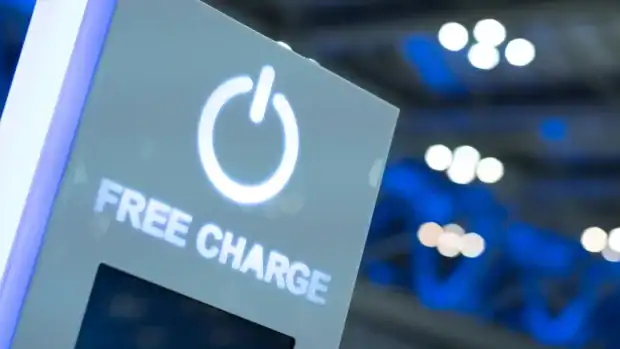While vacations are meant to be a time of rest and enjoyment, cybercriminals see travel season as prime time for phishing and social engineering attacks. Travelers, often distracted, rushed, or relying on unfamiliar systems and services, present a soft target for these tactics—putting their personal data, devices, and digital identity at risk.
Phishing refers to deceptive attempts—typically via email, text message, or even social media—to trick users into revealing sensitive information or clicking malicious links. While these attacks are common year-round, they spike during travel seasons, often disguised as urgent messages from airlines, hotels, or payment platforms. A traveler might receive a realistic-looking email saying, “Your flight has been canceled—click here to rebook,” or “Unusual login detected from your hotel’s Wi-Fi—verify your identity.”
Social engineering, on the other hand, goes beyond digital trickery and leverages psychological manipulation to exploit trust. This might include a scammer posing as hotel staff calling to “verify” your credit card information, or someone at a tourist hotspot offering tech support for your device and secretly installing spyware.
What makes travelers especially vulnerable?
- Stress and urgency: Flight delays, unfamiliar schedules, and language barriers can cause travelers to act quickly without double-checking links or messages.
- Roaming charges: Many people rely on public Wi-Fi and unfamiliar apps to avoid high roaming fees—making them more likely to trust unverified networks or services.
- Reduced vigilance: The “vacation mindset” often includes letting one’s guard down, making it easier to fall for scams that might seem obvious at home.
Here are some of the most common phishing and social engineering scenarios targeting travelers:
- Fake Booking Confirmations: You receive an email that looks like it’s from your hotel or airline, with a “change to your reservation” link that actually leads to a malicious site.
- Fraudulent Alerts from Banks or Credit Card Companies: These claim your card has been frozen due to “suspicious travel activity,” prompting you to enter account details to “unlock” it.
- Tech Support Impersonators: Someone calls your hotel room pretending to be from the front desk or IT, claiming they need you to “re-authenticate” your login on the hotel’s network.
- QR Code Scams: In airports or tourist areas, cybercriminals post fake QR codes that link to phishing sites or malware downloads.
- Social Media Bait: Posts offering travel deals or upgrades in exchange for a quick form submission—used to collect personal data or credentials.
To stay safe, travelers should follow these core cyber hygiene practices:
- Verify the source of any communication before clicking. If it appears to be from your airline, bank, or hotel, go to their official website or call their customer support directly.
- Use multi-factor authentication (MFA) on all critical accounts. Even if credentials are stolen, MFA makes it harder for criminals to gain access.
- Avoid clicking links in messages—especially those that seem urgent or threatening. Manually type URLs into your browser instead.
- Educate yourself on common scam patterns, especially those specific to travel (e.g., flight cancellations, hotel overbookings).
- Limit the amount of personal information you share online, particularly travel plans or current location, which can be used in spear-phishing attacks.
Cybercriminals are increasingly sophisticated, and travelers represent a unique blend of opportunity and distraction. But with awareness and a few smart habits, you can enjoy your trip without falling into a scammer’s trap.
–
Follow me on Instagram: @drericcole



